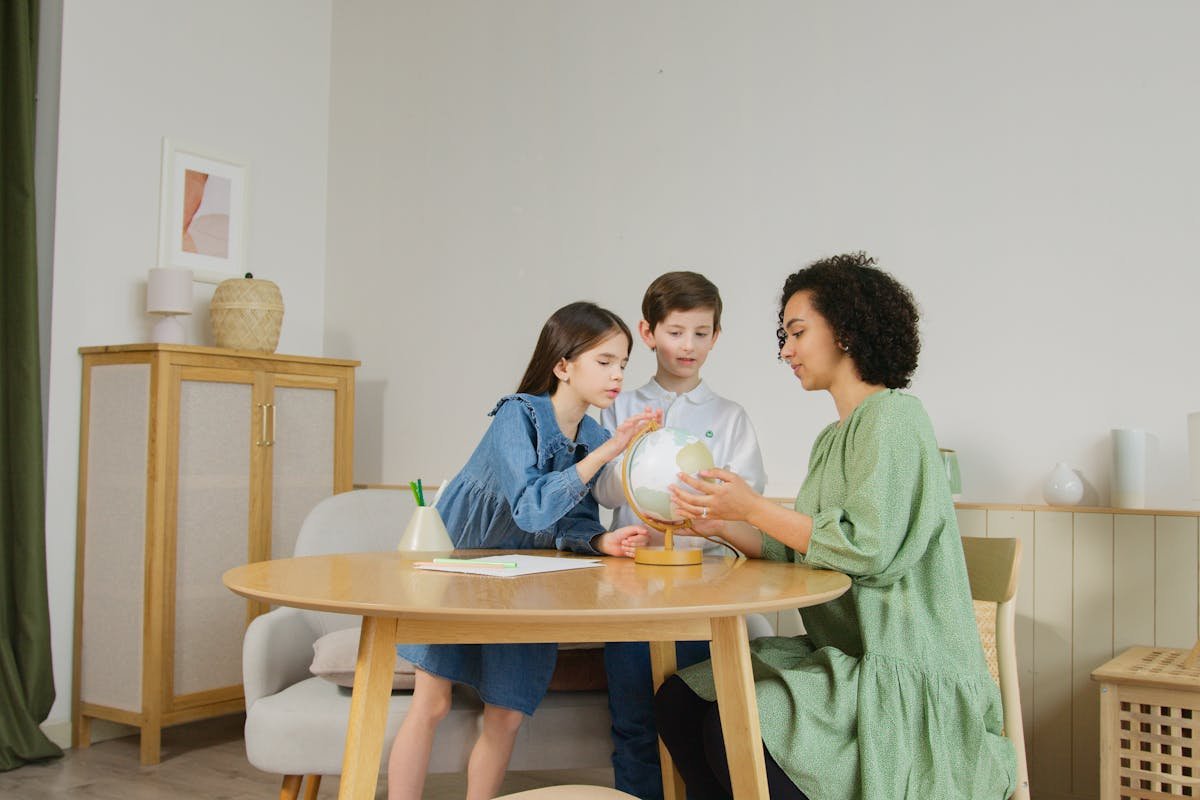It’s that time of year when parents feel the heaviest of hearts: the return of children to school. This is because the process can be quite exhausting for the whole family who need to reorganize their routine around the little one’s day-to-day life, right?
And if it is not carried out naturally and in homeopathic doses , the reintroduction to the school environment can be quite stressful and counterproductive for the child. But don’t worry! We have brought you 10 tips for going back to school that will help you ensure that this activity happens without any major headaches.
Let’s go? Keep reading to find out more!
How to adapt children to going back to school
Remember what it was like when you went back to school? The mix of excitement, fear and a little desire to stay home, sleeping in and spending the days playing? Well, your child goes through these same stages and, for some, it may be more difficult to accept the new routine.
But there are some steps that transform this mission into a joint and facilitated action. We will talk about them next.
Table of Contents
1. Talk about fears
New things scare even adults, let alone children who see the world as much bigger than it really is. Therefore, fears will arise: will I adapt to the new class? Will I be able to keep up with the pace and what the teachers teach? Will my new classmates be nice to me? Will I be able to have time to continue seeing my friends and playing after school?
These are some of the concerns that may be going through your child’s head. Therefore, talk openly about any fears they may have and let your little one talk about their insecurities.
This will create a strong and special bond and reinforce that the child can count on you regardless of the situation, without judgment.
2. Reintroduce the routine little by little
Here, it is necessary to start a little before classes begin. Creating schedules with the activities that must be done can be a great ally in organizing and reintroducing the routine.
The goal is not to leave everything to the last minute. Set aside your materials, prepare your clothes for the following days, and have snacks ready. These are small actions that will make it easier for the whole family to adapt.
3. Make the sleep adjustment
During the holidays, it is normal for children’s sleep to be disrupted. After all, who doesn’t like to stay up late enjoying a game or a movie with the family, right? And that’s okay!
But as the back-to-school season approaches, it is important to start introducing bedtimes and wake-up times gradually, until you reach a time that your child will need to follow every day. This way, when school starts again, he or she will already be used to the new habits.
4. Check-up before returning to school
This is one of the main tips for going back to school. Schedule a routine appointment with your pediatrician and take the opportunity to update your vaccination records.
This way, you ensure that your child is fully prepared and in good health for the school marathon, which, as we know, can affect the child’s immunity during the adaptation period.
5. Encourage the child’s independence
During school, children will be away from their parents and will need to make their own decisions, even if they are small. Therefore, encouraging these attitudes can be essential for a stress-free return to school.
Start by letting them choose the clothes, accessories or snacks they want to take to school, for example.
6. Organize school supplies
A fun activity to do with your child to get them into the swing of things. Get the list of supplies provided by the school and go shopping. Set aside the necessary number of notebooks, pencils and pens, choose a backpack, pencil case and paper to cover the books.
Then, at home, set aside a specific space to store these materials and divide them by category. This way, it will be easier to find them when you need them.
7. Define a study routine
Here, the tip for going back to school is to create a schedule separated by the subjects your child has and define times of the day so that the child can study them, balanced with moments of play . This way, the child can revisit what was learned at school or do homework with total focus and dedication.
8. Balance Study and Leisure
Closely related to the previous tip, this one is to remember that school is already a big part of your child’s day, since he/she spends several hours there and then has time to study at home. Therefore, it is important that your child has time set aside to play and enjoy quality time with the family.
9. Food is key
What we eat is largely responsible for our energy and disposition. Therefore, preparing healthy lunch boxes can be a challenge, but it is very important.
Make sure he has portions of fruits, vegetables, and healthier bread rolls like cassava and carrot rolls, and avoid processed products or products high in sugar and sodium . For example, instead of sending a soda or chocolate milk from a box, send coconut water or fruit juice.
A good tip is to use leftovers from lunch and dinner, which you can freeze, and use to prepare lunch boxes later, especially with vegetables.
10. Beware of charges
Remember, your child is getting back into a routine. And just as we adults have a hard time going back to work after a long vacation, they also go through the same process with school.
also read: The importance of extracurricular activities in child development








